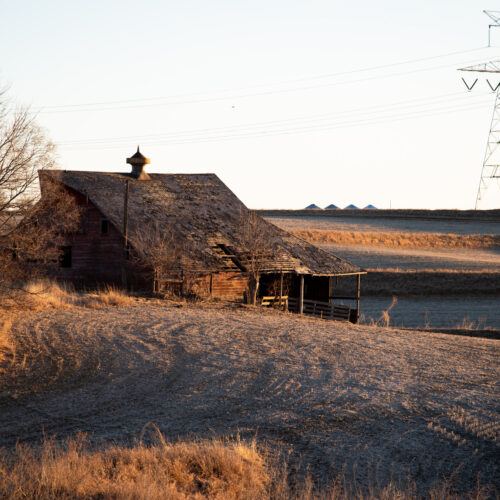Nebraska
The state of Nebraska delegates to its local governments all responsibility for funding and administering indigent defense services in adult criminal trials, except for some case types where the state provides services. A state commission oversees only state-administered services.
The state of Nebraska delegates to its local governments the responsibility for administering and funding almost all indigent defense services for adult criminal cases in its appellate courts. The state funds and administers some appeals. A state commission oversees only state-administered services.
-
93 Counties Primarily Locally Funded
-
93 Counties Primarily Locally Administered
-
93 Counties with a Commission With Limited Authority
-
93 Counties Primarily Locally Funded
-
93 Counties Primarily Locally Administered
-
93 Counties with a Commission With Limited Authority
The state of Nebraska delegates to its counties the responsibility to fund and administer indigent defense services in all trial-level adult criminal case types, except for some capital and serious felony cases where the state is appointed at county request. State law requires Nebraska’s largest counties (Sarpy, Lancaster, and Douglas counties) to have a public defender office with an elected public defender; other counties can choose to have an office (in which case they must also elect their public defender) or they can contract with private attorneys.
The Nebraska Commission on Public Advocacy (NCPA) can be appointed to provide representation in all 93 Nebraska counties in capital and serious felony cases involving violence when requested by counties. NCPA also provides services in appeals and DNA testing cases. The governor appoints the commission’s nine members from a list of attorneys prepared by the Nebraska Bar Association. The commission members appoint a chief counsel to carry out daily operations with a staff. NCPA does not exercise oversight of local indigent defense services.
The state of Nebraska delegates to its counties the responsibility to fund and administer indigent defense services in all adult criminal appeals, except for some capital and serious felony cases where the state is appointed at county request. State law requires Nebraska’s largest counties (Sarpy, Lancaster, and Douglas counties) to have a public defender office with an elected public defender; other counties can choose to have an office (in which case they must also elect their public defender) or they can contract with private attorneys.
The Nebraska Commission on Public Advocacy (NCPA) provides representation in capital and serious felony appeals when requested by counties, and is funded through the indigent defense fee, a $3 fee imposed on each case filed in the county court or district court, and for each appeal filed. NCPA also provides services in capital and serious felony trials and DNA testing cases. The governor appoints the commission’s nine members from a list of attorneys prepared by the Nebraska Bar Association. The commission members appoint a chief counsel to carry out daily operations with a staff. NCPA does not exercise oversight of local indigent defense.

Dig Deeper
Who serves on the commission?
How does the state fund the commission?
What rules must counties follow when establishing a public defender office?
What rules must counties follow when appointing a private attorney to serve as “public defender” for the county?
Is there any pay parity between indigent defense providers and prosecutors in the state?
Is there any state funding provided to counties?
In which branch of state government does the indigent defense system reside?
Support Our Work
Criminal justice issues that disproportionately harm poor people, such as wrongful convictions and over-incarceration, cannot be fixed if indigent defendants are given attorneys who do not have the time, resources, or qualifications, to be a constitutional check on government. Yet, investment in improving indigent defense services remains largely neglected. The Sixth Amendment Center is the only nonprofit organization in the country that exclusively examines, uncovers, and helps fix the root of the indigent defense crisis in which inequality is perpetuated because poor defendants do not get a fair fight.
The Sixth Amendment Center is a tax-exempt 501(c)(3) nonprofit organization under EIN: 45-3477185.
Donations are tax-deductible to the fullest extent allowable under the law.


